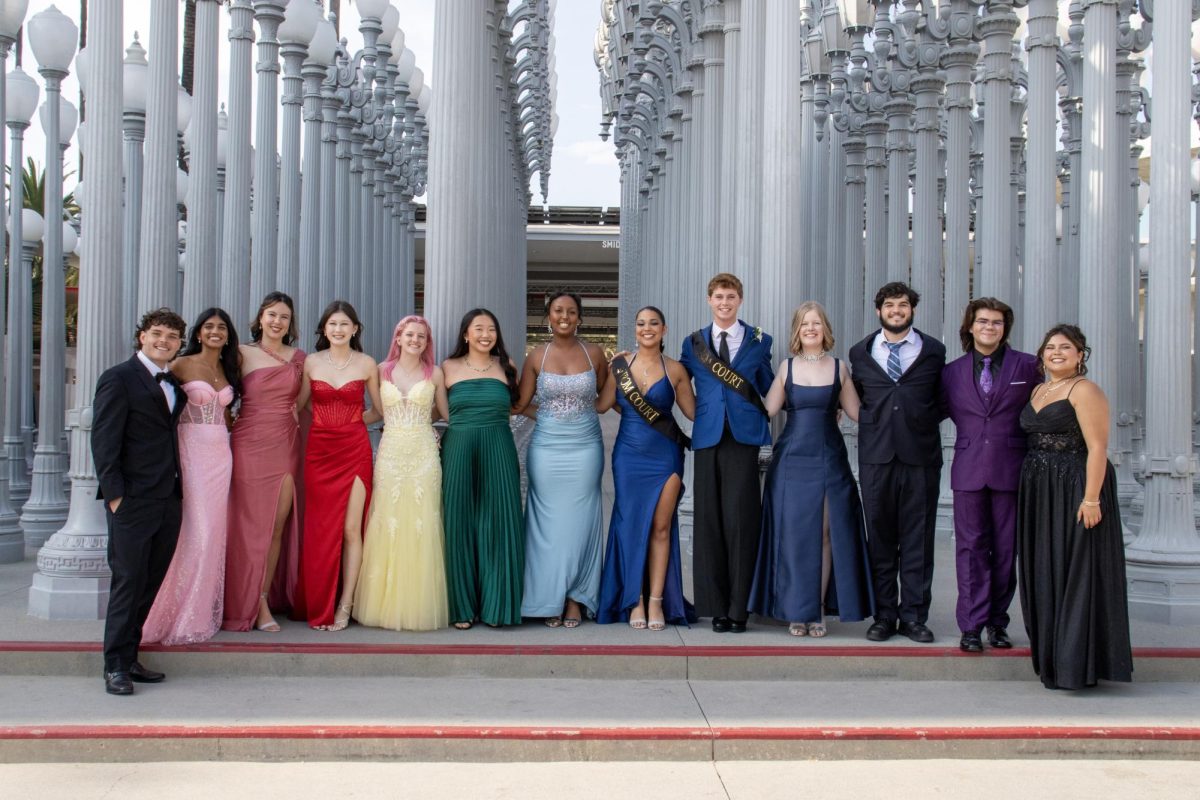Google and Facebook Don’t “Like” Fake News
November 21, 2016
In order to stop the spread of fake news, Google and Facebook announced steps that they are going to take to ensure fake news sites don’t receive revenue from ads.
Fake news is something that draws in readers with false claims and shocking headlines such as “FBI Agent Suspected In Hillary Email Leaks Found Dead in Apparent Murder-Suicide” or “Pope Francis shocks world, endorses Donald Trump for president.” These hooks allow companies to get money by displaying advertisements and persuading others to share their content on Facebook. The fake story can then spread rapidly. It is especially alarming considering, according to Pew Research Center, 66% of Facebook users get news from the site.
Facebook said that they are going to stop fake news sites from using the Facebook Audience Network, which places ads on other websites and apps.
Google said it will not put Google ads on any sites that “misrepresent, misstate, or conceal information about the publisher, the publisher’s content, or the primary purpose,” which includes fake news sites.
Adrianne Bunye (11) believed that Google and Facebook’s moves are headed in the right direction. He stated, “It is not their job to restrict the spread of misinformation on the Internet, but since the Internet is lacking in a ‘police’ or higher authority, it is good that there are some companies moving towards cleaning up the net.”
Facebook’s move will not change what appears in an user’s news feed and the news stories from unestablished news organizations may still appear in Google News, but Facebook and Google are working to improve the content offered.
Michael Shoda (11) suggested that everyone should recognize their responsibility to promote the truth on the Internet. He said, in regards to the issue, “Users should check the credibility of the articles they read before they share them on Facebook because their posts affect their image as well as how others see the world.”
Facebook in particular has been accused of creating echo chambers, places where users don’t see views that differ from their own, affecting the way they think. The best way to construct a bigger worldview may be to read stories from multiple news sources and thus get many different perspectives.




